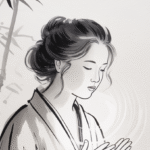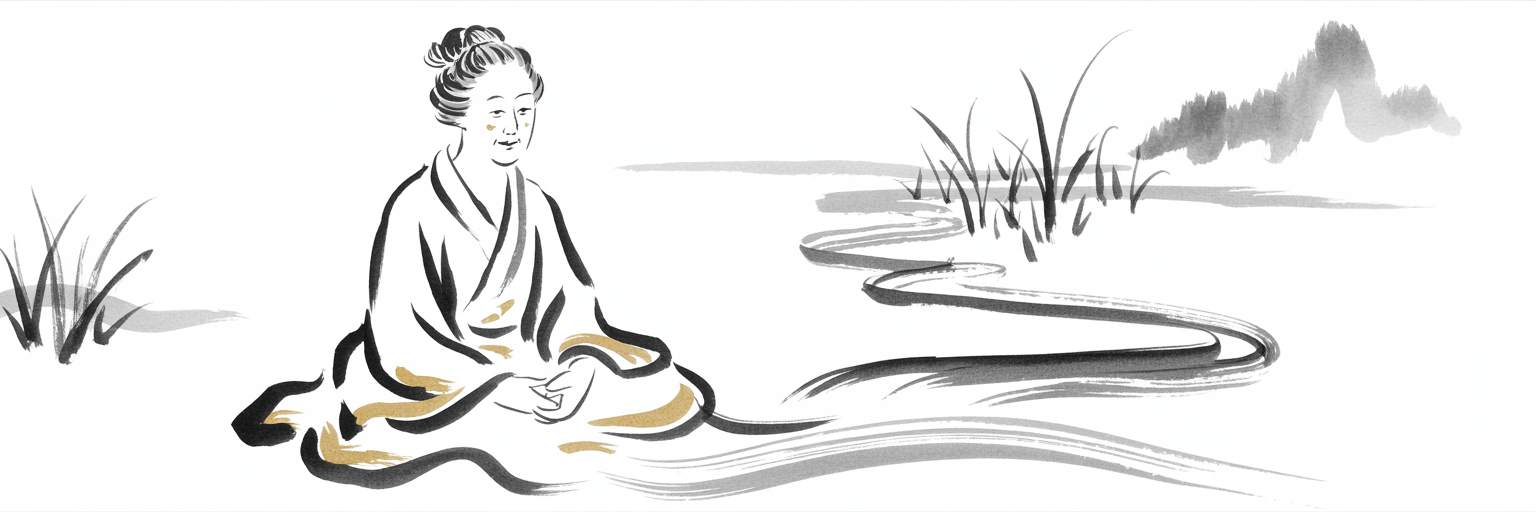
The Emptiness of Hands-on Healing
October 7, 2022
Learning the ABC of Reiki
October 7, 2022In traditional Japanese aesthetics, wabi–sabi (侘寂) is a world view centered on the acceptance of transience and imperfection. The aesthetic is sometimes described as one of beauty that is “imperfect, impermanent, and incomplete”. (good old Wikipedia)
In the system of Reiki there are a number of Japanese practices that include chanting. This might be the mantras also known as kototama (mystical sounds) taught in Level II and III or the daily chanting of the Reiki precepts as invoked by the founder of the system, Mikao Usui.
When you come to the system, chanting may be something new that you have never tried before. If this is the case, vocally making unusual sounds might be a physically and mentally challenging practice. One, because we are making sounds in a language we possibly don’t speak which means we don’t know how to recreate the sound we read on the page, and two, we find this embarrassing.
Let’s take a Reiki precept here – Do not worry. And remember these precepts are the real thing. They’re here to spring us back into the here and now. So, there’s nothing to worry about. Here’s why…
When I chant the Reiki mantras or the Reiki Precepts, I do so with an Australian accent, because, of course, I’m Australian.
If I was Japanese and I lived in North Osaka, my accent would be different from someone in South Osaka, and we would also chant differently.
So, if someone were to tell you that you aren’t “doing it right’, take a step back and have a think about this.
What is right? In Buddhism, the wording of “right” is often used to give parameters as to how, what and why we bring practice into our daily lives. The words “right speech” from the eight-fold path, for example, direct the practitioner to improve themselves through speech; all speech. This means bringing our awareness to everything that comes from our mouths… and sometimes this is not perfect, but it is aways something we can learn from.
Which brings us to the idea that we learn from our mistakes. And it is here that I would like to introduce the Japanese concept of wabi-sabi. This Japanese expression embraces imperfection as a thing of beauty. This does not mean that we aim for imperfection, no. Our intent is perfection, yet in this moment we might not be perfect, and that is… perfect.
So, remember that no one is actually perfect in their chanting and that’s fine. Your intent is to create a perfect vibration that is beyond the physical act of mouthing a sound, and beyond any feelings of inadequacy. This act is perfect. Now, keep practicing.





